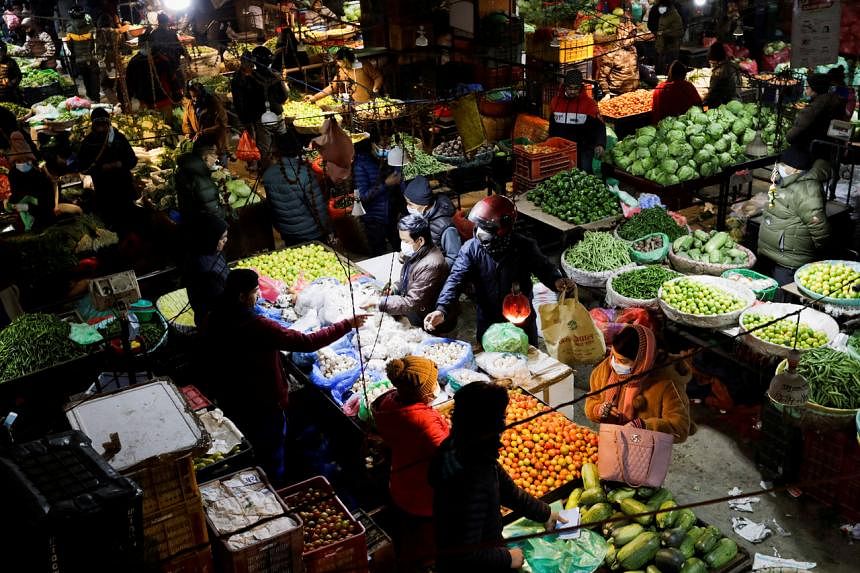KATHMANDU (THE KATHMANDU POST/ASIA NEWS NETWORK) - In the past week, news of increased temperatures across Europe and the ensuing heat wave has caught the attention of environmentalists and experts alike.
Britain shattered its record for the highest temperature registered on July 19 with a provisional reading of 40.2 degrees Celsius, superseding the previous all-time high of 38.7 degrees Celsius recorded in 2019. For the people in the UK, where it is usually temperate, to experience such an unusual blast of heat wave may be fascinating.
Still, in a broader context, it projects a rather bleak picture of a world hurtling towards a catastrophe one year to the next without actually caring to comprehend the devastating consequences that lie before us resulting from climate change.
For a country not used to extreme heat, insulated houses in the UK proved unbearable for the residents. The sweltering heat disrupted travel, healthcare, schools and people heeded the advice not to expose themselves to the sun. The novelty of experiencing a warm summer day wore out in the face of extreme inconvenience.
Europe is not an exception to the effects of climate change. Closer to home, the strength of the monsoon has had devastating consequences for the people. Every year, there are stories of miseries heaped on people resulting from the damage caused by unpredictable weather patterns.
But the changing weather pattern isn't just limited to droughts, fires, heat waves and floods. It is actively threatening global food security as well. When the world has been reeling from the shocks of the pandemic, which has disrupted the essentially smooth supply chain, uneven weather patterns have affected crop production across South Asia, Europe and North America, leading to unusually high prices for necessities. This is undoubtedly pushing more people towards extreme poverty, especially in low-income countries.
Climate change accords for the past two decades have resulted in nothing concrete to tackle the crisis. Despite demonstrating political intent in finding a solution to the ever-growing problem, the developed countries that are accountable for much of the current situation have done little to show through their actions. The constant flow of rhetoric is the only persistent message that has emanated on behalf of seeking a lasting solution.
Fossil fuel industries, on the other hand, are continually pumping more resources and expanding the sector, blatantly straying from what is expected of them to secure their profits.
It is evident that the consequences of climate change will severely affect low-income countries. And if there is any way Nepal can shield itself from the ongoing effects of climate change on food production, it would be to focus on governance issues. The authorities at the helm need to immediately focus on addressing the issue of production at home rather than relying on imports.
We need to come out of our delusion that other nations, in the event of a food crisis, will jump to meet the needs of Nepal. Corrective actions to address our food security are the need of the hour-we must be prepared to face the impact climate change will inevitably have on food production.
- The Kathmandu Post is a member of The Straits Times media partner Asia News Network, an alliance of 22 news media entities.

